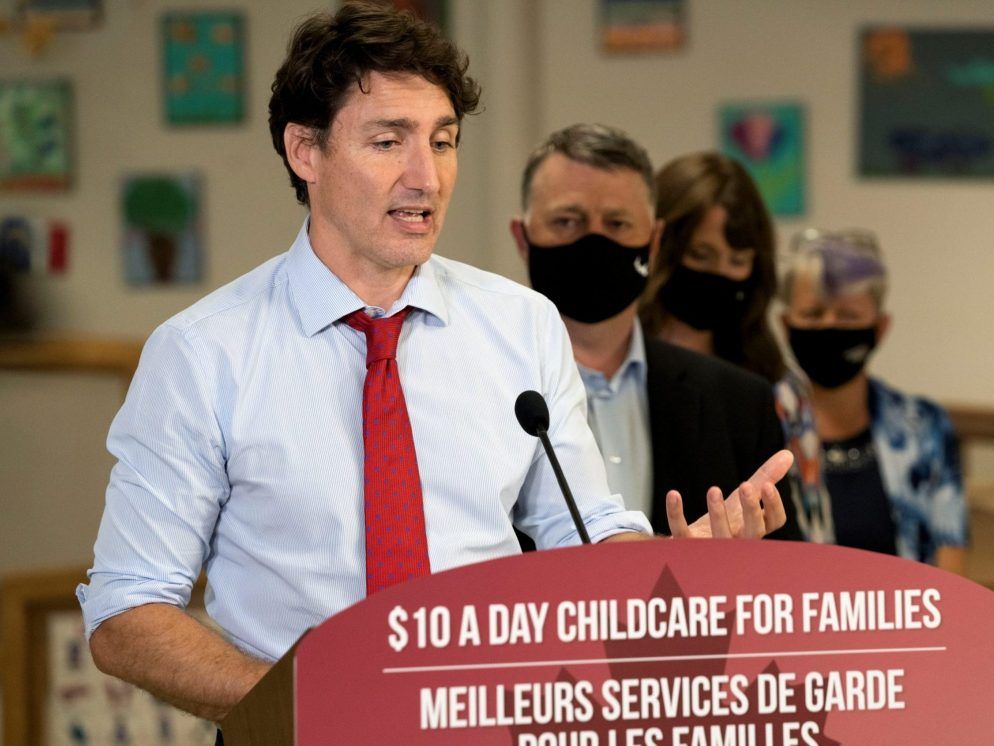First of all, it's important to understand that Government borrowing is not like you or I going to the bank to get a loan (which, BTW is what China is doing to get control of Asian/African countries: China comes over and offers them a loan - to build an infrastructure that is useful to them and to China - with terms that give ownership of the infrastructure to China in case of default - then China barely uses it at the beginning so it becomes unsustainable, the Asian/African country defaults and China becomes the owner - at which time it uses it fully to its own benefit).
Government borrow by issuing bonds. At its most basic, a bond is a document that basically states "I, GoC, will pay (say) C$1,000,000 to the bearer of this bond in ten years". Then the government goes on the market with, say, a thousand of these bonds as an issue. Well, the investors (not lenders - investors) make their calculation and bid on the bonds, say at 60% of the value (which is a nominal 4% annual yield - not interest - yield). So the Government has raised 600 million dollars to finance its operations, in return for paying $1B in ten years. In the year that the government pays back the billion, the whole billion is accounted for in what is known as "debt servicing" in the national accounts (again, not interest payment but debt servicing). While some bonds, to make them easier to sell, include a small nominal interest payment each year (mostly the ones sold to the public in general such as Canada saving bonds) and therefore these interests are also included in the national accounts as debt servicing for this year, they form a very small part of the whole.
That's why you cannot equate debt servicing amount every year with interest payments nor can you calculate directly the effect of annual deficit on the national debt. That is also why government (particularly the Bank of Canada) is often active in the bond market to "buy back" government debt (i.e. bonds). Here is how it works: Say that today, the government can sell bonds for a nominal 2%, meaning they can sell a ten year $1Mil. bond at $800,000, but that five years ago, they had to sell for a nominal 5% (i.e. they sold it then for $500,000). The old bond still has five years to run, but it's been traded on the market many times for investors to cash in the accrued value of getting near the term. At five year, it is probably trading at around $750,000. So the government (or BoC) issues the new bond at nominal 2%, gets $800k, buys back on the open market the five year old bond for $750k (which becomes voided since the issuer has now recovered it), pockets $50k, wipes out $1B from its debt load in five years but takes on $1B of debt load in ten years. However, because of inflation and economic growth in the meantime, that $1B in ten years is actually less of a debt load than the $1B in five years they just wiped out.
All this to say that, regardless of the fact that politician in the opposition parties (it always the ones in the opposition ) at the time always try to play the easy populist card of comparing sovereign debt with "mom-and-pop dealing with the big bad banker", sovereign debt does not repeat not work the same way at all.




